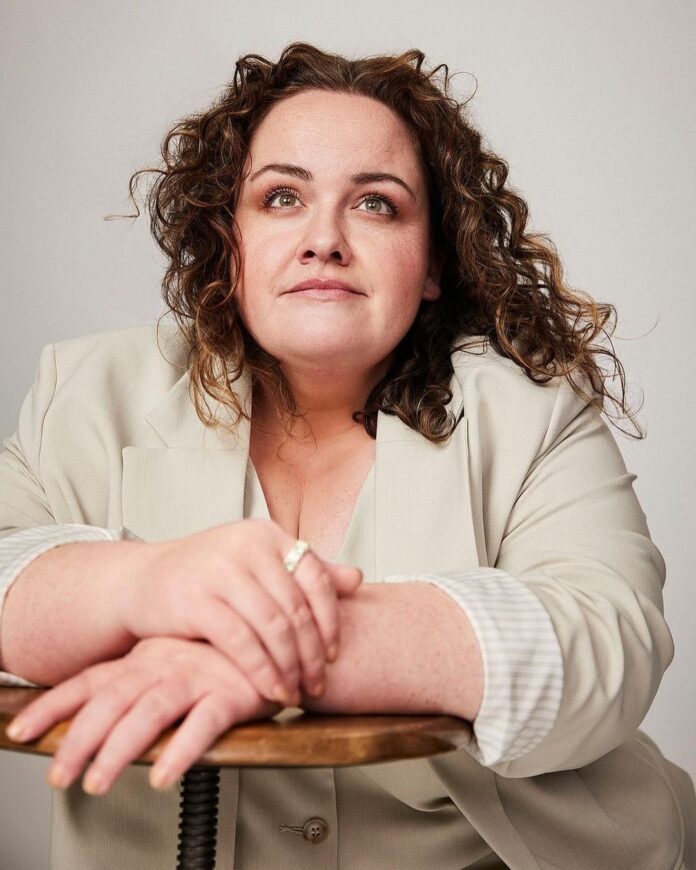The Woman Behind Netflix’s Latest Sensation Speaks Out.
Richard Gadd’s “Baby Reindeer” has captivated audiences globally. It portrays Donny Dunn, an aspiring comedian targeted by a relentless stalker after a brief act of kindness. Based on Gadd’s experiences, the series has ignited intense debate, particularly about the character of Martha Scott, the stalker. Critics praise the show for its raw depiction of stalking and abuse. It holds a 98% Rotten Tomatoes rating.
However, the real-life counterpart of Martha has stirred a storm of controversy.
Since the show’s April release, Google Trends shows a spike in searches about “Baby Reindeer.” Viewers are eager to learn about the real Martha and the man behind the tale. This curiosity led Fiona Harvey, who claims to be the real-life Martha, to consider legal action against Netflix and Gadd. Harvey argues that her portrayal in “Baby Reindeer” has caused her undue harm and harassment.
In an interview with the Daily Mail, Harvey revealed she has received “death threats and abuse from Richard Gadd supporters.” She vehemently denies being the stalker depicted in the series. “I’m the victim. He’s written a bloody show about me,” she insisted. Her claim has fueled a media frenzy. This culminated in an interview with broadcaster Piers Morgan, where Harvey sought to clear her name.
During her conversation with Morgan, the 58-year-old Scotswoman recounted her version of events and explained that she knew Gadd briefly when he worked as a bartender a decade ago. Harvey admitted to sending Gadd tweets in 2014, along with an email and a letter. However, she firmly denied the obsessive and harassing behavior portrayed in the series. “It’s a work of fiction,” she asserted. “It’s a work of hyperbole.”
Morgan, probing deeper, presented tweets and online activities that internet sleuths used to identify Harvey as the real Martha. Despite this evidence, Harvey remained steadfast, denying she was a stalker. When Morgan suggested she was accusing Gadd and Netflix of fabricating the story, Harvey responded, “I am,” though she admitted she had not watched the series and only learned about it through the press.
Addressing Gadd directly during the interview, Harvey pleaded, “Leave me alone, please. Get a life. Get a proper job.” Her heartfelt appeal highlighted the personal toll the series’ release and subsequent public scrutiny have taken on her.
The controversy surrounding Harvey has only amplified the show’s popularity. Richard Gadd has urged viewers to distinguish the show’s artistic narrative from real-life identities. He emphasized the importance of privacy.
Despite his appeals, many viewers struggle to separate fiction from reality. This fuels ongoing speculation and debate.
Fiona Harvey’s involvement adds a unique dimension to this conversation. Her claims and the media attention they have attracted underscore the complexities of portraying real-life events in fiction. While “Baby Reindeer” seeks to tell a compelling story, it raises critical questions about the ethical responsibilities of creators. In addition, creates potential repercussions for those depicted in their work.
The show’s success, intertwined with the drama it has incited, highlights the powerful blend of reality and fiction in today’s media landscape. “Baby Reindeer” is not just a hit series; it’s a cultural phenomenon challenging viewers to confront uncomfortable truths and reconsider the boundaries between personal experience and public entertainment.


